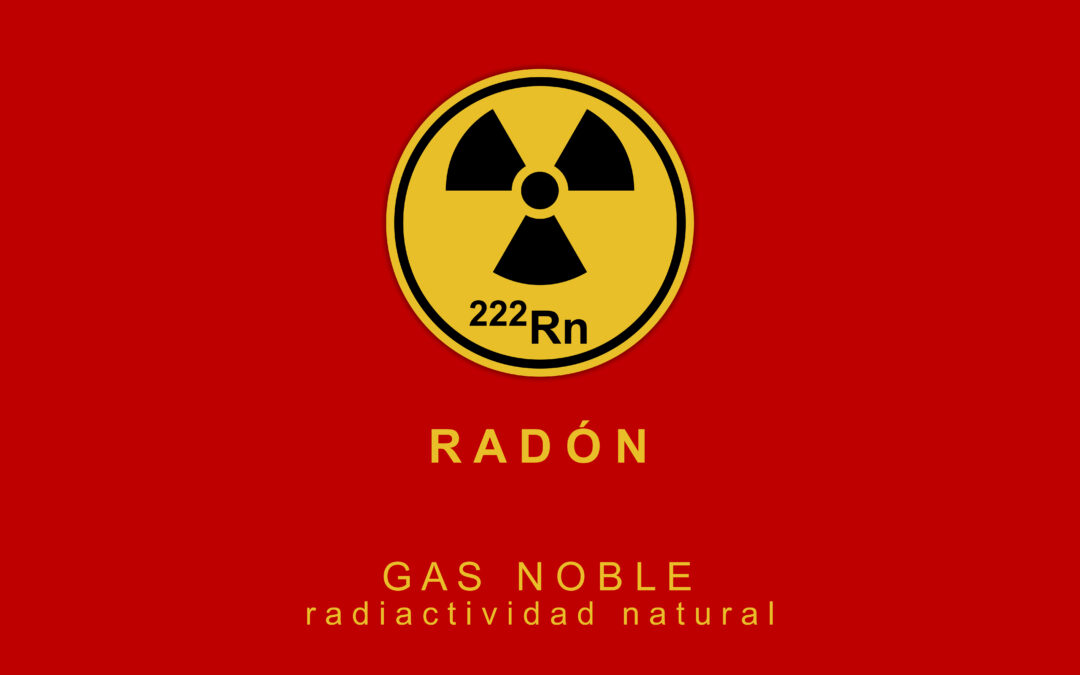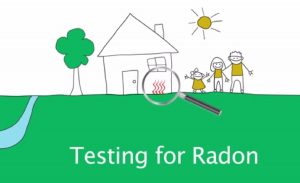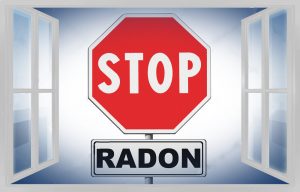Purchasing a home is a significant financial commitment, so it’s understandable if you think it through carefully. In the home buying process, don’t avoid seeing if there is a radon mitigation system.
What Is a Radon Mitigation System?
Radon is a naturally occurring radioactive gas. It is not a result of the usage of chemicals or the structure of the home itself. Because of the reduced air pressure, radon can enter the home through cracks in the foundation or other openings. This is why homes with basements are at greater risk of radon exposure. As a result, long-term exposure to the gas can cause major health issues, including lung cancer.
What Are The Symptoms That Your Home Has Radon?
You will never know if your house is at risk for radon poisoning until you get a test done. Radon is imperceptible to the senses. What if your home inspector doesn’t offer this test as a routine part of the inspection process? Well, you can always request one. You need to test for radon because you will find it in every state.
Is It Safe To Purchase A Radon-Infected Home?
Don’t rule out a home with radon exposure if you’ve located a place you truly want to buy despite the fact that the house has tested positive for radon. With radon mitigation -even the EPA’s estimation – you can decrease radon to tolerable levels.
In order to prevent radon from entering the house, construct a mitigation system and keep it running at all times. You cannot accomplish this by simply removing radon from the house. To ensure that your new home is safe from radon, only use a radon mitigation contractor with a solid reputation and a valid license.
How Does A Mitigation System Operate?
There are several different types of systems that you can use to reduce the amount of radon in a home. The pipe has a suction motor called a radon fan attached to it that is always running. Depending on the path the pipe follows, you can attach a fan to the pipe in an attic or on the exterior of a dwelling.
The system’s purpose is to remove radon gas from the soil beneath a house. Also to safely expel it above the roofline in accordance with local building codes. Now, this device cannot “suck radon out of a house”. However, it can prevent the majority of radon from entering in the first place. You will not require any other maintenance for a radon system. Well. nothing other than to replace the radon fan every 10-15 years.
Radon Mitigation System: Do Safe Levels Of Radon Exist?
The EPA strongly advises taking efforts to reduce indoor radon levels if they exceed 4 pCi/L. This, despite there is no such thing as a safe threshold. Radon is dangerous at any concentration. So, look at treating homes with radon levels between 2 and 4 pCi/L. The average radon gas concentration in a home, according to the EPA, is 1.3 pCi/L. This does not pose a significant risk to the majority of people who live there.
The average concentration of radon gas in the air is about 0.4 picocuries per liter. This again is much too low to pose a danger to human health. In addition to understanding how to lower their radon levels, homeowners should be aware of the dangers of doing so. And the ramifications of selling or purchasing a home with high levels of the gas.
Can A Home’s Radon Level Affect Its Resale Value?
A lender is likely to assist you buy a home with radon gas exposure if it can be remedied. Now, radon mitigation systems can increase the value of your property. However, they can also help to keep other soil gases at bay. This is good for the resale value.
When purchasing a new house, ask questions that will help you make an informed decision. When purchasing a new house, make sure to have the necessary insurance coverage to safeguard your investment.
Is a Radon Mitigation System Worth the Investment?
With that said, you should go with a mitigation system in your new home. Don’t stop owning your home because of concerns about radon gas or the installation of a mitigation system for it.
As long as the mitigation system is tested, you may see that a “low radon” home with have lesser radon levels. It’s safe and secure for you and your family to have a radon system in place. Get your home tested for Radon with the Atlantic Radon Mitigation Experts today!




